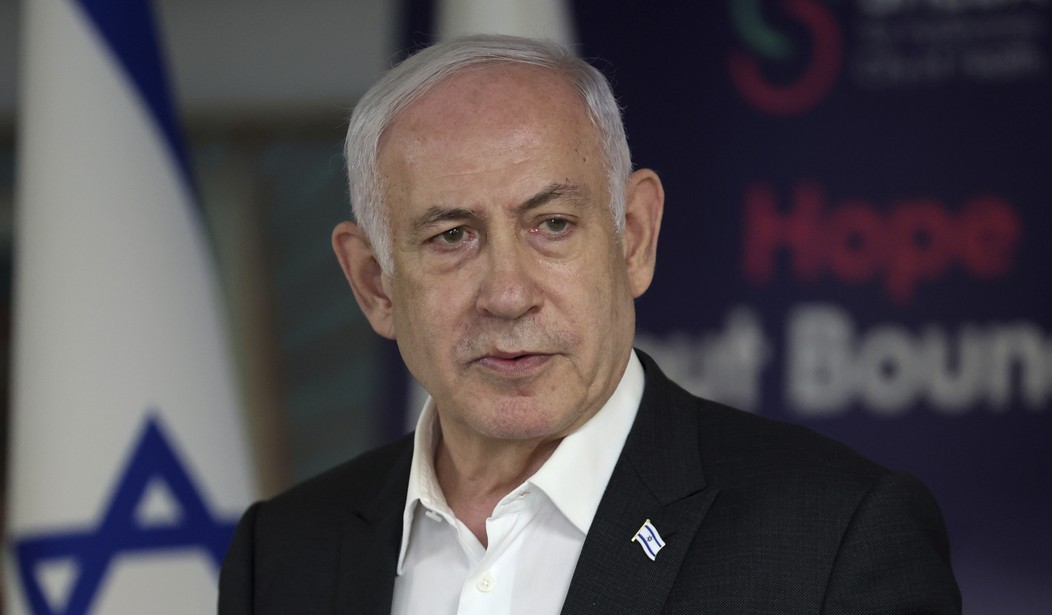The recent news of the recovery of the bodies of six hostages murdered by Hamas, including one American citizen hit the world like a gut punch. Variations of grief and outrage welled up in the streets of both Israel and the United States and calls for immediate action in response spread quickly. The news appeared to have potentially thrown a wrench into ongoing ceasefire talks, though they really hadn't been making much progress to begin with. One Israeli official speaking on background to reporters said that the previous approach to finding a way to end the hostilities "does not look good" at this point, but "the hostages being killed changes everything." Is that true, however? One might argue that the anger and desperation arising after these revelations are fully understandable, but were we ever really close to a point where the war could head off in an entirely different direction? Or did the revelation of the murders simply cement the status quo further into place? (Politico)
U.S. and Israeli officials acknowledged that the killing of six hostages in Gaza over the weekend has blunted progress made in recent weeks by negotiators toward a cease-fire deal between Israel and the Palestinian militant group Hamas.
The news of their deaths deflated recent optimism that a deal was close at hand, as both sides forecast strong retaliation from Israeli Prime Minister Benjamin Netanyahu. They also worry tensions between Israeli leadership and Hamas will only continue to increase, potentially further stalling negotiations.
“It does not look good,” one Israeli official briefed on the negotiations said. “We are still working at it, but the hostages being killed changed everything.”
The response by people who have been taking to the streets in large numbers has not been uniform, including among the families and friends of the deceased hostages. Some have been calling for a swifter, harsher response designed to eliminate or at least cripple Hamas entirely. Others, however, have chosen to blame Bibi Netanyahu for not coming up with a way to bring the hostages home alive more quickly. (As if that were somehow in his power.)
The response of Netanyahu's government has been similarly mixed. There has been additional talk about reaching a broader agreement on a ceasefire, but it's clear that Hamas has no interest in even directly participating in any negotiations without Israel first making massive concessions and effectively surrendering Gaza back to Hamas. Bibi obviously has no interest in that and continues to insist that Hamas must be fully eliminated (one way or another) before any talk of establishing a new governing body in the Gaza Strip can be seriously entertained. The only place where the outlook is almost entirely unchanged is at the White House, with Joe Biden continuing to insist that his three-stage ceasefire plan will work, despite a complete lack of participation by Hamas.
When examined in that light, it's difficult to see how anything has changed significantly, to say nothing of "everything." For some time now, IDF intelligence has been warning people that the vast majority of the hostages were already dead. They've only been negotiating in the vague hope that some of them might still be alive and could still be rescued. Hamas has clearly been counting on that uncertainty as part of their strategy. The only way this ends quickly is if Hamas surrenders en masse and returns all of the remaining hostages, dead or alive. They clearly have no intention of doing that.
The debate continues, and now we even have the White House jumping on board with the idea of proposing a "final" ceasefire deal.
The U.S., Egypt, and Qatar are working on a new ceasefire proposal to end the war between Israel and Hamas. The deal also hopes to bring hostages and prisoners home...
The U.S. says constructive talks are now edging closer to a "bridging proposal" that could get Israel and Hamas to agree.
"Every day that goes by without an agreement, there are risks. Obviously one of the risks is region-wide conflict that we've worked to try and avoid," State Department spokesperson Matthew Miller said in a briefing Tuesday.
I would love to be wrong about this, but I simply don't see it happening. We've been hearing phrases out of Washington recently such as "edging closer" and "a bridging proposal" ever since Biden's team originally floated their plan. But there can be no meaningful deal unless everyone is at the table and open to compromise. That is simply not true of Hamas and it doesn't appear as if they have any intention of making such a thing happen in the near future. In the end, we may be back to Bibi's original vision of wiping out every last Hamas militant come hell or high water. We should be reminded yet again that Hamas started this war. Bibi Netanyahu is going to have to finish it.







